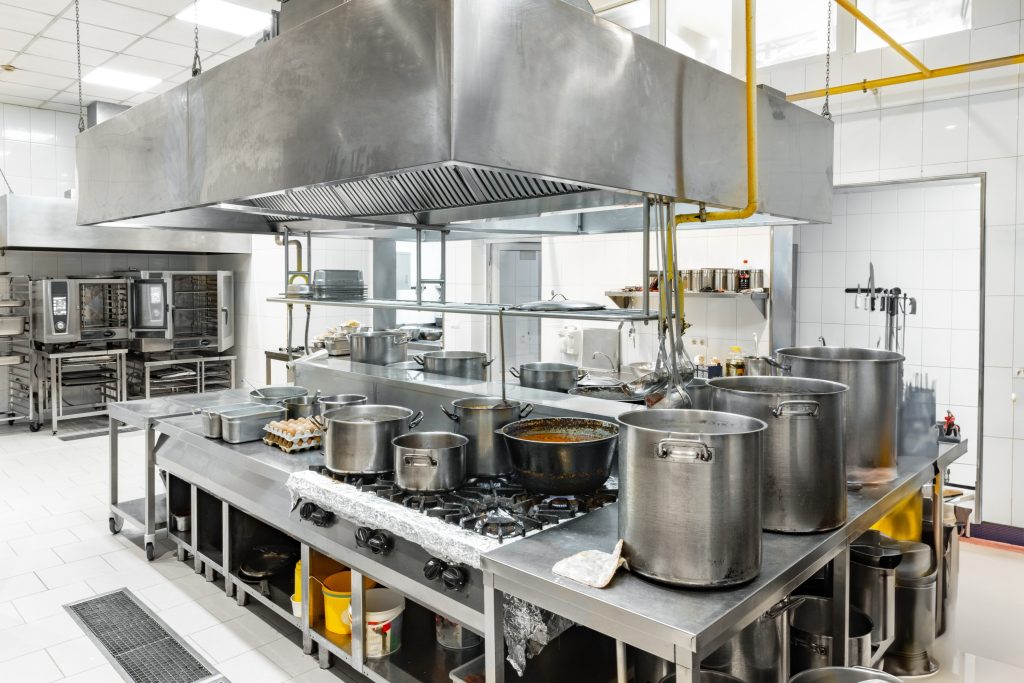
Commercial kitchen hood cleaning is a critical service that protects restaurants and food service establishments from fire hazards and ensures compliance with safety regulations. Professional hood cleaning companies play an essential role in maintaining these systems, making their qualifications and certifications paramount to providing reliable service.
A reputable hood cleaning company should hold certifications from recognized organizations such as the International Kitchen Exhaust Cleaning Association (IKECA) and maintain compliance with NFPA 96 standards. These credentials demonstrate expertise in commercial kitchen exhaust system maintenance and knowledge of local fire codes.
Professional certification validates a company’s commitment to safety standards and proper cleaning techniques. When certified technicians service kitchen exhaust systems, they follow industry-approved methods that extend beyond basic cleaning to include thorough inspection and documentation of system components.
Key Takeaways
- IKECA certification demonstrates professional expertise in kitchen exhaust cleaning
- Certified companies follow standardized cleaning protocols that meet fire safety regulations
- Regular maintenance by qualified technicians helps prevent fire hazards and ensures code compliance
Essential Certifications for Hood Cleaning Companies
Professional hood cleaning companies must maintain specific certifications and comply with strict industry standards to ensure safety and quality service. These credentials demonstrate expertise and commitment to proper cleaning techniques and fire prevention protocols.
National Fire Protection Association (NFPA) Compliance
NFPA 96 sets the standard for ventilation control and fire protection in commercial cooking operations. This certification ensures hood cleaning companies understand and follow proper cleaning methods and safety protocols.
Hood cleaning technicians must demonstrate proficiency in NFPA 96 guidelines, which detail specific cleaning frequencies, inspection requirements, and documentation procedures.
Companies must maintain detailed records of their cleaning services and provide documentation that meets NFPA standards to their clients.
International Kitchen Exhaust Cleaning Association (IKECA) Certification
IKECA certification represents the gold standard in kitchen exhaust cleaning expertise. Certified companies undergo rigorous training and testing to prove their knowledge of industry best practices.
The certification process includes hands-on training, written examinations, and practical demonstrations of cleaning techniques.
IKECA-certified technicians must complete continuing education to maintain their credentials and stay current with industry developments.
Occupational Safety and Health Administration (OSHA) Training
OSHA training ensures technicians can safely work in elevated positions and handle cleaning chemicals. Companies must provide proper safety equipment and maintain current OSHA compliance records.
Technicians receive training in fall protection, confined space entry, and proper use of personal protective equipment (PPE).
Regular safety audits and updates to OSHA protocols help maintain workplace safety standards and prevent accidents during cleaning operations.
Verifying Qualifications and Industry Standards
Professional hood cleaning companies must meet specific requirements for licensing, certification, and insurance to operate legally and safely. These qualifications protect both the service provider and their clients while ensuring compliance with fire safety regulations.
State and Local Licensing Requirements
Different states and municipalities maintain distinct licensing requirements for hood cleaning companies. Most jurisdictions require a business license and specialized certifications from recognized organizations like the International Kitchen Exhaust Cleaning Association (IKECA).
Technicians should hold current certifications demonstrating their knowledge of NFPA 96 standards and local fire codes. These credentials verify expertise in proper cleaning techniques, safety protocols, and industry best practices.
Regular renewal of licenses and continuing education credits keep companies up-to-date with evolving safety standards and cleaning methodologies.
Insurance and Liability Coverage
A reputable hood cleaning company must carry comprehensive insurance policies to protect against potential accidents or damage during service operations.
Essential Insurance Coverage:
- General liability insurance
- Workers’ compensation
- Property damage coverage
- Professional liability insurance
The minimum recommended coverage amount typically ranges from $1 million to $2 million per occurrence. Companies should readily provide proof of current insurance certificates upon request.
Service agreements should clearly outline liability terms and coverage details before work begins.
